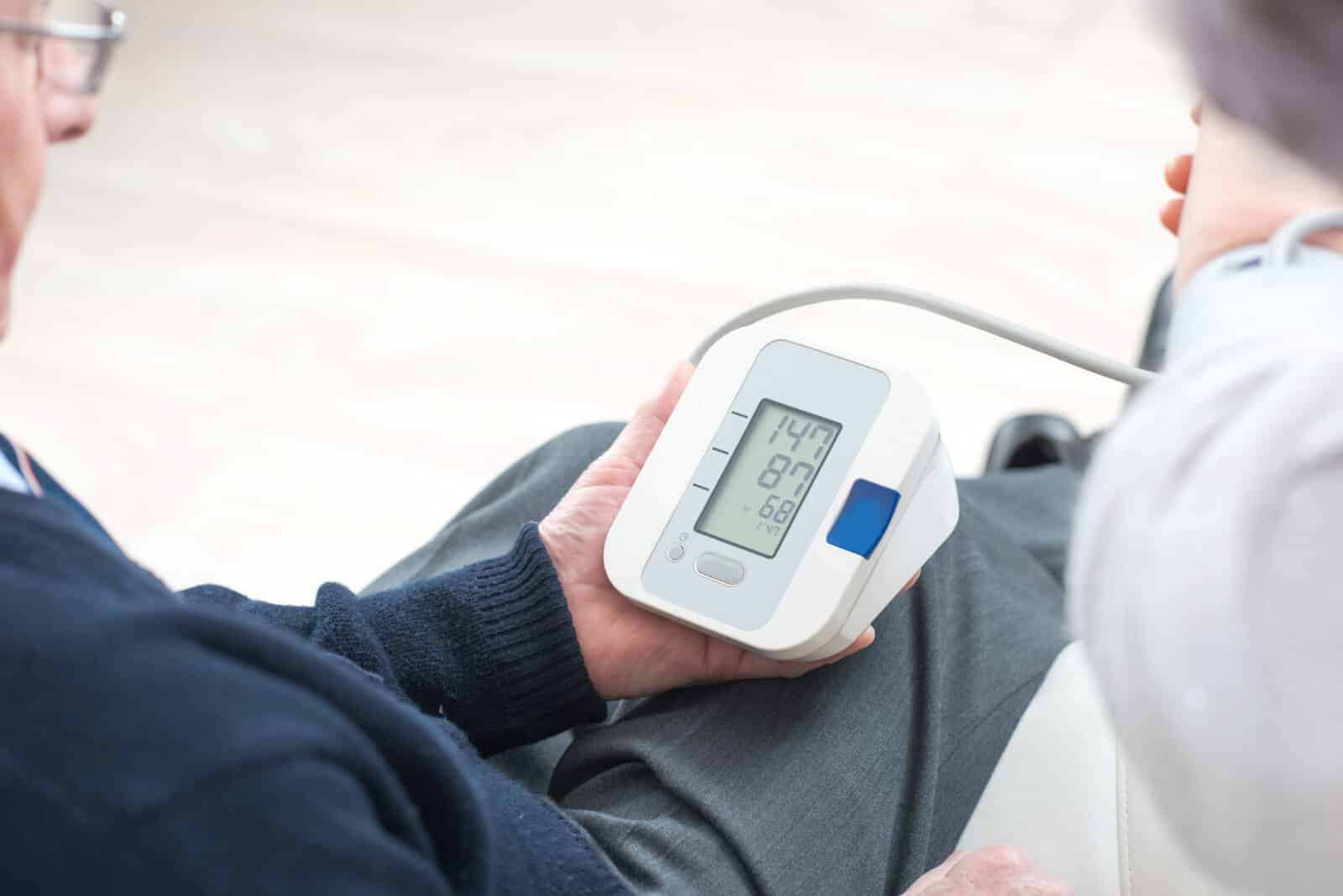Call to speak to a Licensed Insurance Agent
Mon - Fri 8am – 8pm EST; Sat - Sun 10am - 6pm EST

High blood pressure (aka hypertension) affects millions of people in the US.
Hypertension is one of the main reasons why it can be a good idea to track your blood pressure at home. And one of the easiest ways to track blood pressure at home is through the use of at-home blood pressure monitors.
So a common question many people have is, “Does Medicare cover blood pressure monitors?” In this article, we answer that question in clear, plain English. You will also find the average costs of blood pressure monitors and other helpful info.
The short answer is no. In most cases, Medicare will not cover the cost of blood pressure monitors. That said, there are some situations where you may be able to get these costs covered. Below we’ll take a closer look at this to see when you might be able to get Medicare to pay for your blood pressure monitor.
Original Medicare (Medicare Part A and Part B) usually does not provide coverage for a blood pressure monitor. So you will have to pay 100 percent of the costs yourself if you get one.
That said, there are a few situations where Original Medicare will provide coverage for a blood pressure monitor.
Specifically, there are two conditions under which Part B will pay for your at-home blood pressure monitor. One is if you are on renal dialysis in your home. The other is if your doctor recommends an Ambulatory Blood Pressure Monitor (ABPM).
If you get an at-home blood pressure monitor for renal dialysis, Medicare Part B also covers blood pressure cuffs.
Medicare Part B will provide coverage for the rental of an ambulatory blood pressure monitor once a year for two conditions. They are:
For Medicare Part B to provide coverage for the rental of ambulatory blood pressure monitor for Whitecoat syndrome, you must meet the standards of this criteria:
Here are Medicare Part B’s criteria for them to provide coverage for the rental of an ambulatory blood pressure monitor for masked hypertension:
Medicare Part B provides coverage for blood pressure checks that takes place in a doctor’s office. But only if your healthcare provider is enrolled in Medicare. Aside from that, Medicare Part B also has an annual wellness visit which includes blood pressure checks.
If you get coverage for an at home monitor, Medicare Part B covers 80 percent of the costs of a manual blood pressure cuff and a stethoscope. You will pay for the remaining 20 percent.
Just like with Original Medicare, Medicare Part C may also provide coverage for blood pressure monitors. You will have to meet the same conditions that you need for Original Medicare to cover your blood pressure monitor.
Medicare Advantage plans cover everything Original Medicare covers as well as some additional benefits. However, coverage and out-of-pocket costs will vary depending on the specifics of your plan.
Blood pressure monitoring kits usually cost in the $20 to $100 range. How much you pay will depend on the type of kit you get (ie. what features it has) as well as where you buy it.
Note: Medicare coverage changes all the time. And your specific coverage may vary from plan to plan for Medicare Advantage and Medigap plans. Always be sure to double check with your health care provider and/or Medicare insurance provider about what your plan covers and what it does not.
This article is part of our series on “What does Medicare cover?”
Also, you can check out other articles in this series including: Does Medicare cover pap smears?